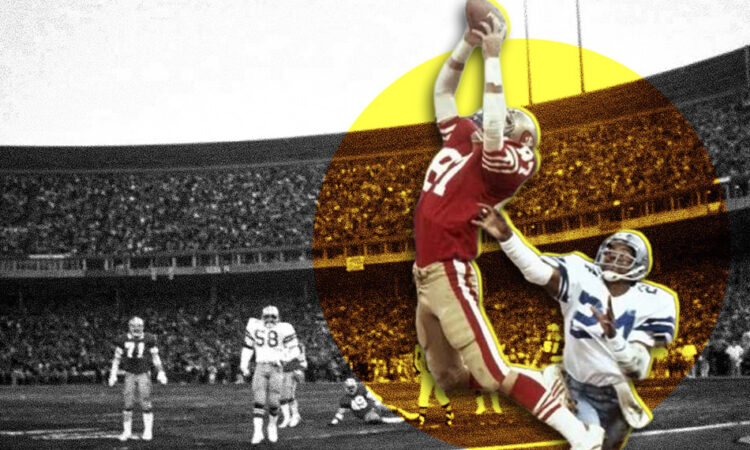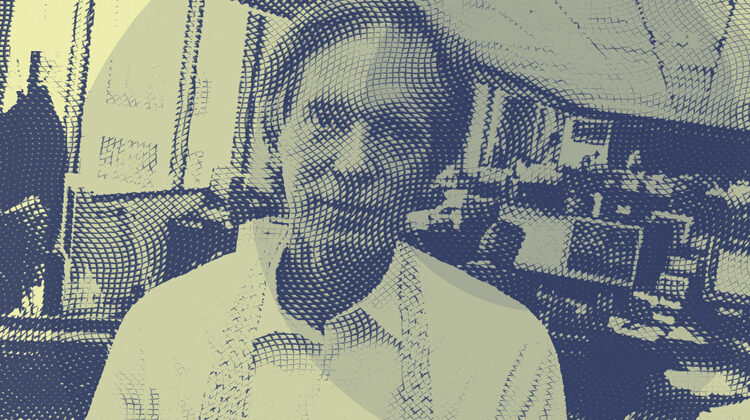
Pyramids Crumbling
January 6, 2008
The Future of Investing
April 20, 2009So CQish
I think of myself as a pretty smart guy, but not that smart, if you know what I mean; no Mensa candidate but intelligent enough to earn a few paper degrees that helped get me a job where the real education began. My mother used to tell me that I had the highest IQ of all the first graders in Butler County, Ohio, which sounded impressive until I figured out that there were just a handful of kids that had taken the test. You’re smart but not a genius if you graduated “non” cum laude from both Duke and UCLA graduate school. That’s me. Still, I’ll take it because I’ve come to the conclusion that success – at least in a career – requires more than an IQ. It requires a CQ.
A CQ is what I think of as a “Common Sense Quotient.” It refers to an ability to not just absorb information and recycle it upon demand, but to analyze it and apply it within a uniquely different environment or context. A CQ Mensa candidate is able to view the world in a state of apparent equilibrium and wonder – “does this make sense?” And if not, “what might change it, and when?” The problem with measuring CQ, however, is that you never can be quite sure that you or anyone else has it. It’s elusive and perhaps even ephemeral. It’s also uniquely personal: the world always makes sense when viewed from your own eyes – it’s those other people who can’t seem to understand. Still – in the business and investment worlds – time has a habit of unmasking one-dimensional pretenders who have the obvious IQ, but score below 100 with an experience-tested CQ. Warren Buffett, a bona fide Mensa in both categories, said it best many years ago in his usual folksy way: “You don’t know who’s swimming naked until the tide goes out.”
CQs, then, in Buffett’s metaphor, know that protective cover-ups – call them swimming-suit insurance policies – should be worn even when the water’s high and the whole world seems to be enjoying an endless summer at the beach. That is an apt description of the global investment environment up until Bear Stearns 2008. The world seemed so caught up in the long-term unfolding of the “Great Moderation” that almost everyone assumed that nothing could go wrong.



